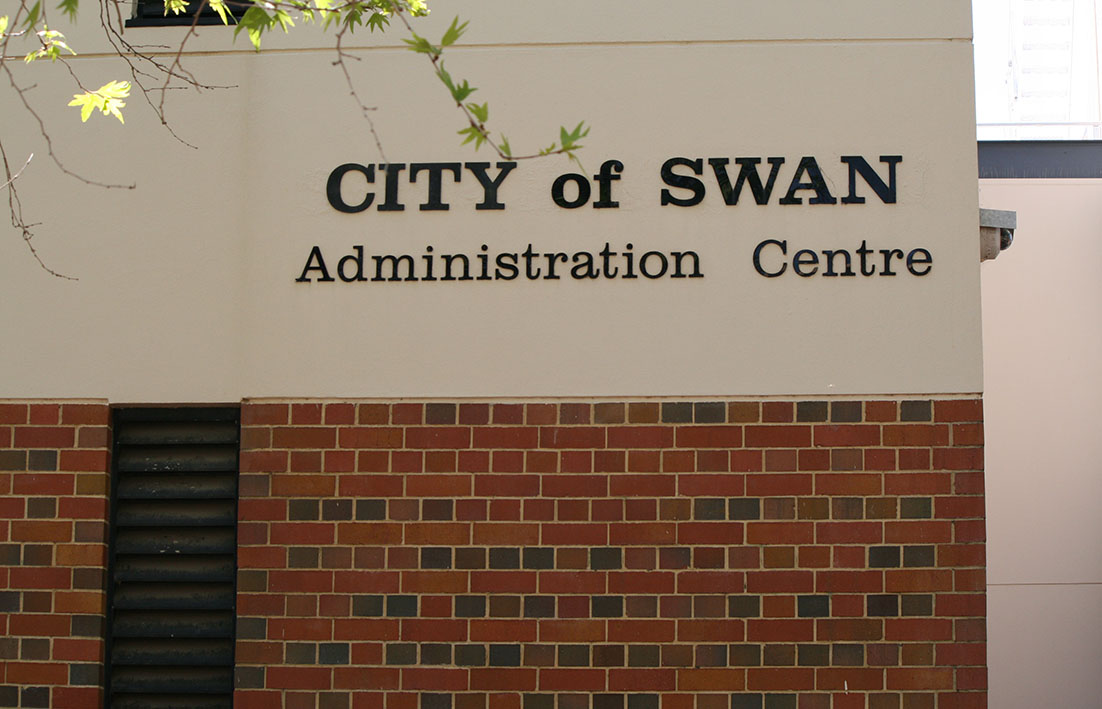
A WILDLIFE rehabilitator has been evicted from an unauthorised rescue centre in Henley Brook with allegations some of the animals found there were in a shocking condition.
WA Police said they were called about 9.30am on January 12 to a property on Starflower Road, by a court bailiff who had been tasked with evicting squatters from a disused house.
A police spokeswoman said the property was being used to run an unauthorised rescue centre for a wide variety of domestic and native wildlife.
“A number of animal welfare workers from various shelters and charities were in the process of dealing with hundreds of animals left at the property,’’ she said.
“Hundreds of animals were being kept in disgusting conditions, many of which were injured and dying, dehydrated and emaciated.
“Some of the animals were endangered native species.’’
She said the house was also in a very bad condition, covered in animal faeces, with rodents and cockroaches everywhere.
“The house and sheds are not fit for human, or animal, habitation.
“Department of Biodiversity, Conservation and Attractions (DBCA) wildlife officers took control of the scene and coordinated with the various rescue organisations and vets to rehouse, treat and euthanise the animals as required.
“A woman in her 50s was arrested and interviewed by police.
“Her firearm, licence and ammunition were seized.
“The woman was released pending further investigation.’’
City of Swan deputy mayor Ian Johnson said the city had been working with the property owners and tenants to stop the use of the premises as the property was not approved to be used as an animal establishment.
“City officers attended the property last Friday and impounded two dogs which were at the property without consent,’’ he said.
“The dogs were taken to the city’s animal management facility and have since been claimed by their owner.’’
When Echo News asked DBCA if the wildlife rehabilitator was the holder of a fauna possessing (other purposes) licence a spokeswoman said the department was aware of the Henley Brook incident but unable to provide any comment as it was an ongoing investigation and that DBCA did not comment on licence status.
DBCA’s fact sheet on wildlife rehabilitation said a modified penalty of $2500 by way of infringement or a penalty of between $50,000 and $500,000 depending on the status of the fauna and if the matter was taken to court may apply to possessing native fauna without a licence unless otherwise authorised.
Echo News also asked DBCA what powers it had to intervene if wildlife was not fed or housed in an acceptable standard and she said the Department of Primary Industries and Regional Development was custodian of the Animal Welfare Act 2002, which was enforced by the RSPCA.